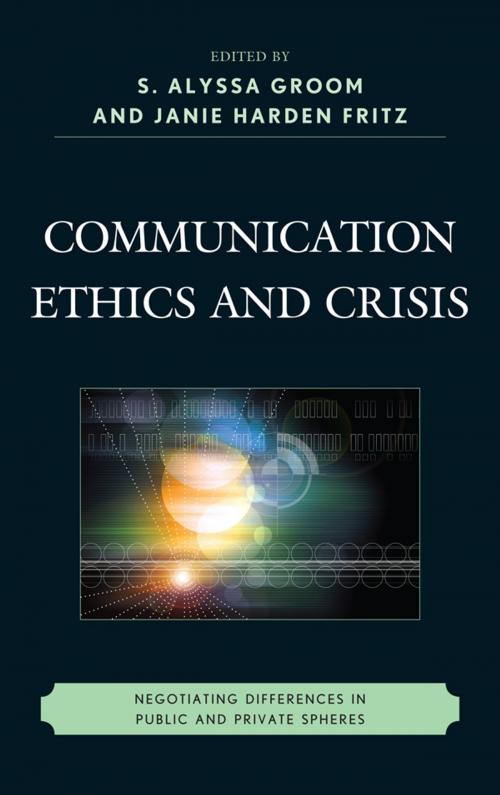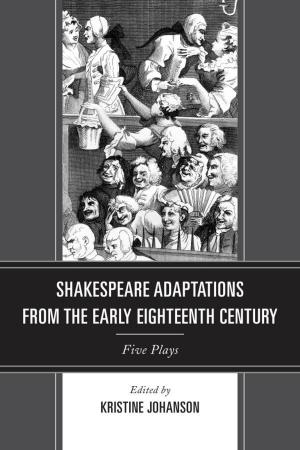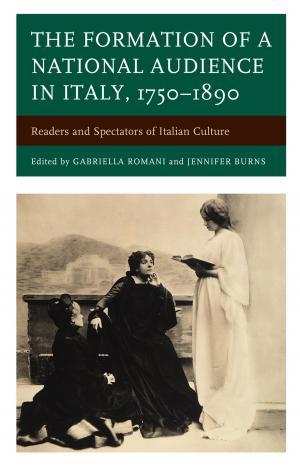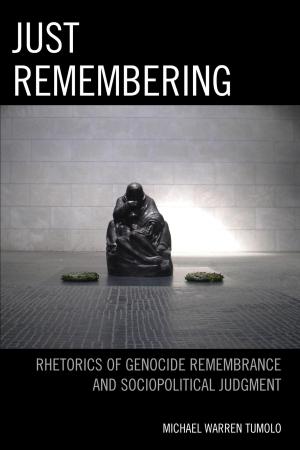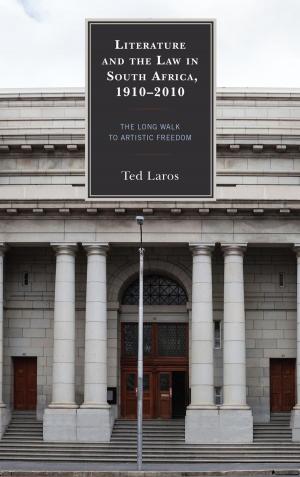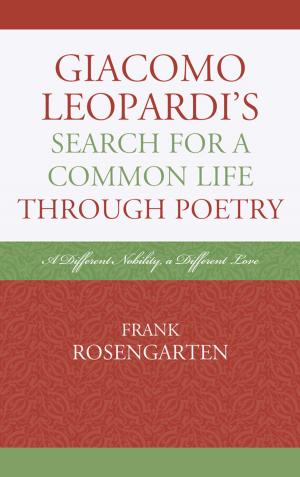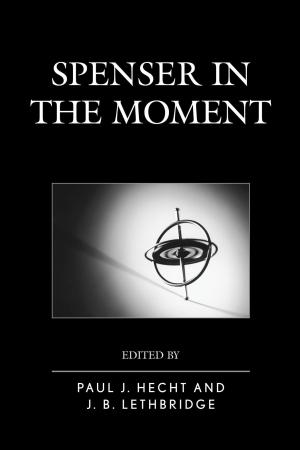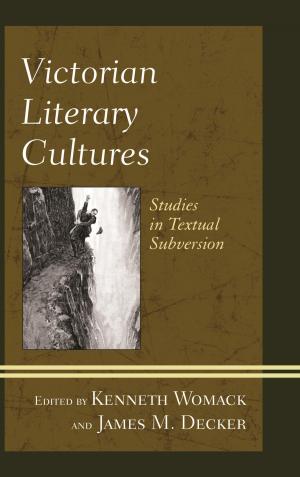Communication Ethics and Crisis
Negotiating Differences in Public and Private Spheres
Nonfiction, Reference & Language, Language Arts, Public Speaking, Rhetoric, Communication| Author: | J. M. H. Fritz, S Alyssa Groom, Janie M. Harden Fritz, Craig E. Mattson, John H. Prellwitz, Celeste Grayson Seymour, Timothy L. Sellnow, Steven Venette, Spoma Jovanovic, Roy V. Wood, Pat J. Gehrke, Ronald C. Arnett, Deanna Sellnow | ISBN: | 9781611474503 |
| Publisher: | Fairleigh Dickinson University Press | Publication: | November 21, 2011 |
| Imprint: | Fairleigh Dickinson University Press | Language: | English |
| Author: | J. M. H. Fritz, S Alyssa Groom, Janie M. Harden Fritz, Craig E. Mattson, John H. Prellwitz, Celeste Grayson Seymour, Timothy L. Sellnow, Steven Venette, Spoma Jovanovic, Roy V. Wood, Pat J. Gehrke, Ronald C. Arnett, Deanna Sellnow |
| ISBN: | 9781611474503 |
| Publisher: | Fairleigh Dickinson University Press |
| Publication: | November 21, 2011 |
| Imprint: | Fairleigh Dickinson University Press |
| Language: | English |
This collection of essays extends the conversation on communication ethics and crisis communication to offer practical wisdom for meeting the challenges of a complex and ever-changing world. In multiple contexts ranging from the intrapersonal, interpersonal, and family to the political and public, moments of crisis call us to respond from within particular standpoints that shape our understanding and our response to crisis as we grapple with contested notions of "the good" in our shared life together. With no agreed-upon set of absolutes to guide us, this moment calls us to learn from difference as we seek resources to continue the human conversation as we engage the unexpected. This collection of essays invites multiple epistemological and methodological standpoints to consider alternative ways of thinking about communication ethics and crisis.
This collection of essays extends the conversation on communication ethics and crisis communication to offer practical wisdom for meeting the challenges of a complex and ever-changing world. In multiple contexts ranging from the intrapersonal, interpersonal, and family to the political and public, moments of crisis call us to respond from within particular standpoints that shape our understanding and our response to crisis as we grapple with contested notions of "the good" in our shared life together. With no agreed-upon set of absolutes to guide us, this moment calls us to learn from difference as we seek resources to continue the human conversation as we engage the unexpected. This collection of essays invites multiple epistemological and methodological standpoints to consider alternative ways of thinking about communication ethics and crisis.
